Business letter of interest template
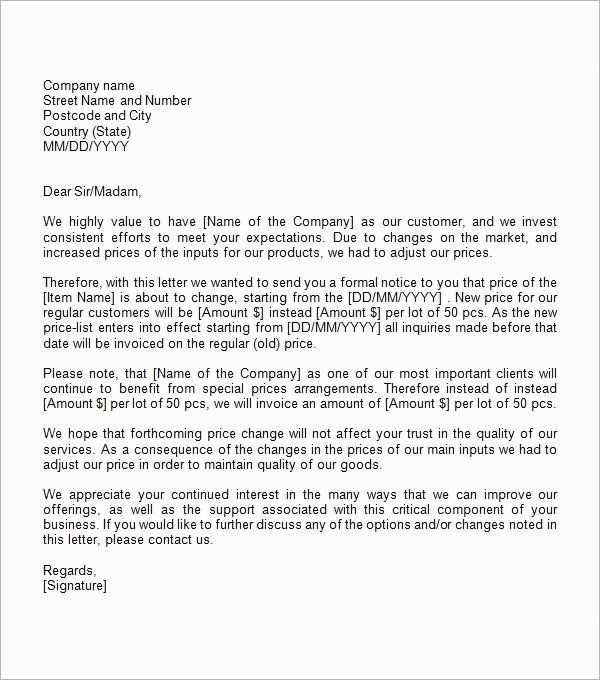
If you’re looking to craft a letter of interest for a business opportunity, focusing on clarity and professionalism is key. A letter of interest allows you to express your intent, showcase your value, and open the door for further discussions. This template will help guide your structure and language, ensuring your message is both clear and impactful.
Start by addressing the recipient directly and introducing the purpose of your letter. Be specific about the role or opportunity you are interested in, and highlight any relevant experience or skills. Avoid generic statements–customize your message to the company or position. Personalization makes a strong impression and demonstrates genuine interest.
Next, emphasize what makes you a good fit. Briefly highlight your achievements or qualifications that align with the company’s goals or the project in question. Instead of restating your resume, focus on how your background can solve specific challenges the company might be facing. This approach shows that you understand their needs and are ready to contribute meaningfully.
Finally, conclude with a call to action. Whether you’re seeking an interview or requesting more details, make it clear what you hope to achieve next. Be courteous and express your willingness to engage further. A strong close will leave a lasting impression and increase your chances of receiving a positive response.
Here are the corrected lines:
Be concise in your language. Avoid using unnecessary words or phrases that can clutter your message. A business letter of interest should be direct and to the point, highlighting your skills, interest, and the value you can bring to the company.
| Incorrect Line | Corrected Line |
|---|---|
| I’m writing to express my interest in the job position I saw posted. | I am interested in the [Job Title] position you recently posted. |
| I would be grateful if you could consider my application. | Please consider my application for the [Job Title] position. |
| I believe that my experience would make me a great fit for your team. | My experience makes me a strong candidate for your team. |
| I hope we can connect soon to discuss the next steps. | I look forward to discussing the next steps with you. |
Be sure to adjust the tone of your letter based on the company culture. A formal tone is suitable for large corporations, while a more casual approach may work for startups. Always keep the focus on what you can contribute.
- Business Letter of Interest Template
Begin your letter by addressing the recipient formally, using their full name and job title if known. Start with a brief introduction, stating who you are and the purpose of your letter. For example, “I am writing to express my interest in the position of Marketing Manager at XYZ Corporation.”
In the next paragraph, briefly explain why you are interested in the company or role. Focus on specific aspects of the company that resonate with you, such as its mission, values, or recent projects. Keep your tone professional, yet personal enough to show genuine enthusiasm.
Highlight your qualifications in the following section. Mention skills, experiences, or achievements that are most relevant to the company or position. Be concise and use concrete examples to demonstrate how your background aligns with the organization’s needs. Avoid restating your resume verbatim–this section should supplement your resume, not duplicate it.
Conclude by expressing your desire for further discussion. Politely request an opportunity to meet or speak with them to explore how your skills can benefit the organization. Close with a courteous thank you, reinforcing your enthusiasm for the opportunity.
Finally, end with a professional closing, such as “Sincerely,” followed by your name and contact information. Ensure the tone of the letter matches the formality of the position and organization you are reaching out to. Proofread for clarity, conciseness, and professionalism before sending.
First, include your contact details at the top–name, address, phone number, and email–so the recipient can easily reach you. Directly beneath, mention the date and the company name or person you are addressing, followed by a formal salutation.
Open the letter with a clear statement of your intent. Express your interest in a specific role or opportunity and mention how you found out about it, whether through a job listing, a referral, or another source.
Provide a brief introduction of yourself. Highlight relevant experience, skills, or qualifications that align with the position or company. Focus on what makes you a strong candidate without rehashing your entire resume.
Clearly explain why you are interested in this specific company or position. Mention aspects of the company’s work, values, or culture that appeal to you, showing you’ve done research and are genuinely interested in contributing.
Discuss how your background, skills, and achievements can benefit the company. Highlight specific examples of your accomplishments that demonstrate your potential value. Be concise and relate everything directly to the opportunity you’re inquiring about.
End with a call to action. Express your desire to discuss the opportunity further, either through a meeting, interview, or follow-up. Finish with a polite closing statement and your signature.
Begin by researching the company’s values, mission, and goals. Incorporate these elements into your letter to show how your skills align with their needs. Be specific about how your experience or expertise can contribute to their growth or solve particular challenges they face.
Understand Industry Trends
Different industries prioritize different skills and achievements. For example, in tech, innovation and technical proficiency might take precedence, while in healthcare, patient care and compliance with regulations are key. Tailor your language and examples accordingly to highlight relevant accomplishments.
Show Knowledge of the Company
Reference recent news about the company or projects they’ve undertaken. This demonstrates genuine interest and shows that you’ve done your homework. Mention how your background fits within their current or future projects, or how you can bring fresh perspectives to their work culture.
Maintain clarity and formality by avoiding overly casual phrases or slang. Use precise language and keep the tone respectful throughout the letter. Start sentences with a direct approach, using words like “I am writing to,” “I would like,” or “Please find attached” to ensure the message is clear and actionable.
Choose simple and direct language to convey your points. Avoid unnecessary jargon or complex vocabulary that may confuse the reader. When addressing a specific person, use their correct title and last name. For example, address someone as “Mr. Smith” or “Dr. Johnson” instead of a first name, unless the relationship allows for informality.
Stay polite, but avoid overuse of pleasantries. A business letter is not the place for excessive courtesies, such as “I hope you’re doing well today,” unless you have a long-standing relationship with the recipient. A simple “Thank you for your time and consideration” is enough to close the letter effectively.
By maintaining these standards, you ensure that your business letter comes across as both professional and straightforward, making a positive impression on the reader.
Avoid being overly wordy. Stick to clear, concise language and ensure your message is easily understood. Lengthy explanations can confuse the reader and diminish your credibility.
Don’t overlook the importance of a proper salutation. Using informal greetings or neglecting to address the recipient by name can come across as unprofessional. Always customize your greeting to the individual or the company.
Be Specific in Your Purpose
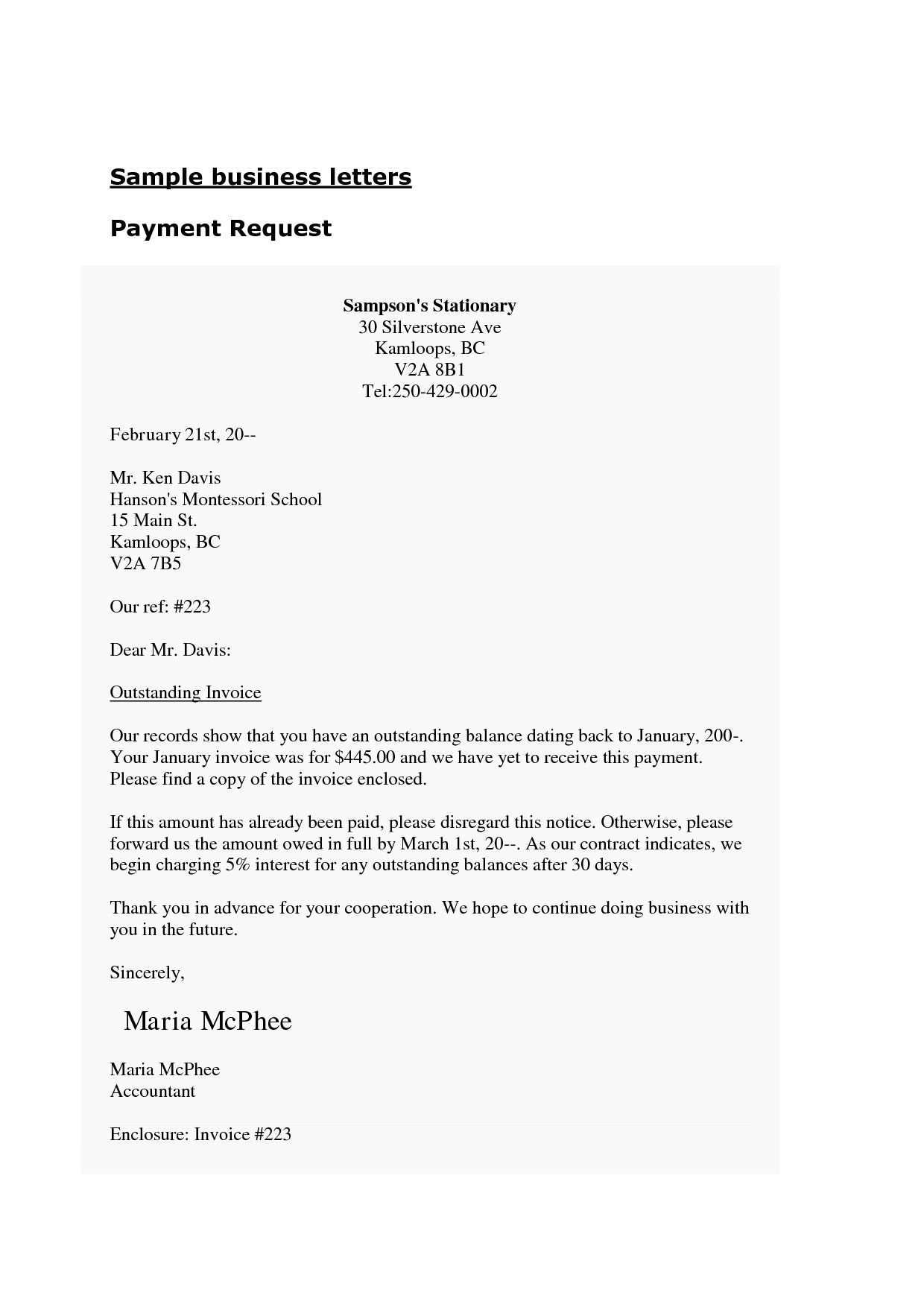
Vague statements can leave your reader unsure of your intent. Be clear about your objectives, whether you’re inquiring, offering services, or expressing interest in a partnership. A business letter should have a clear purpose from the start.
Avoid Spelling and Grammar Errors
Spelling mistakes or poor grammar can significantly damage your professional image. Always proofread your letter before sending it out. You might even consider asking someone else to review it for clarity and accuracy.
Don’t forget to include relevant contact details. Omitting your phone number, email address, or other communication channels makes it harder for the recipient to respond. Always provide clear instructions on how they can get in touch with you.
Conclude your letter with a clear and direct call to action that motivates the reader to take the next step. Avoid ambiguity and be specific about your desired outcome. Whether it’s arranging a meeting, requesting a follow-up, or offering additional information, make your ask easy to follow and straightforward.
1. Be Specific and Direct
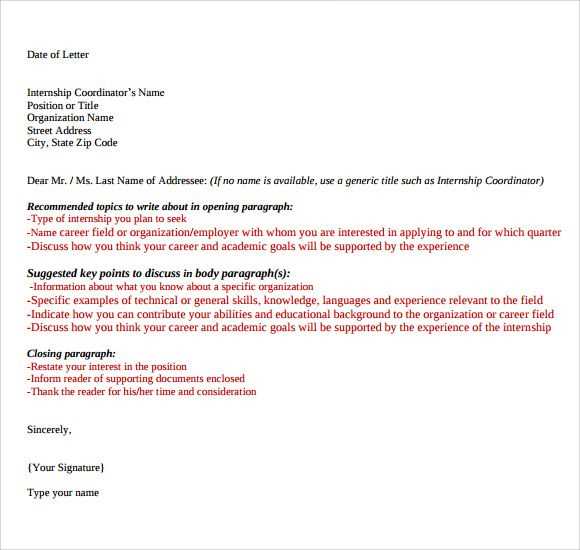
Instead of vague phrases like “I look forward to hearing from you,” clearly state what you want to happen next. For example, say, “I would appreciate the opportunity to discuss this further in a brief call next week.” This direct approach reduces confusion and guides the reader on what to do next.
2. Express Enthusiasm
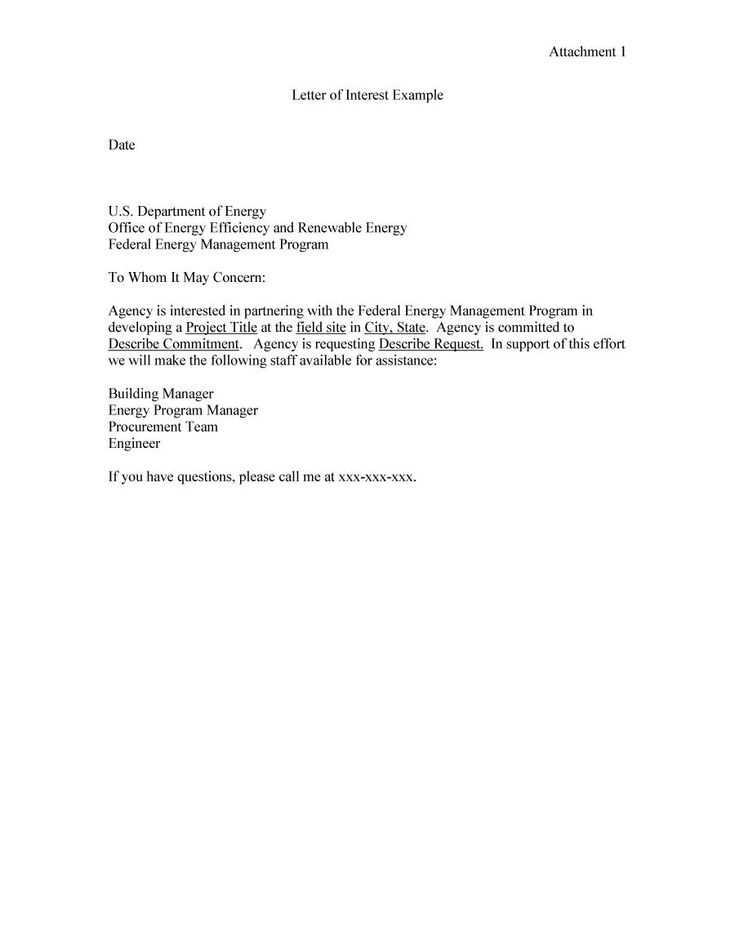
Show that you’re eager to move forward without sounding too aggressive. A simple line like, “I’m excited about the possibility of contributing to your team and would love to connect soon” creates a positive and approachable tone that encourages a response.
3. Give Clear Contact Information
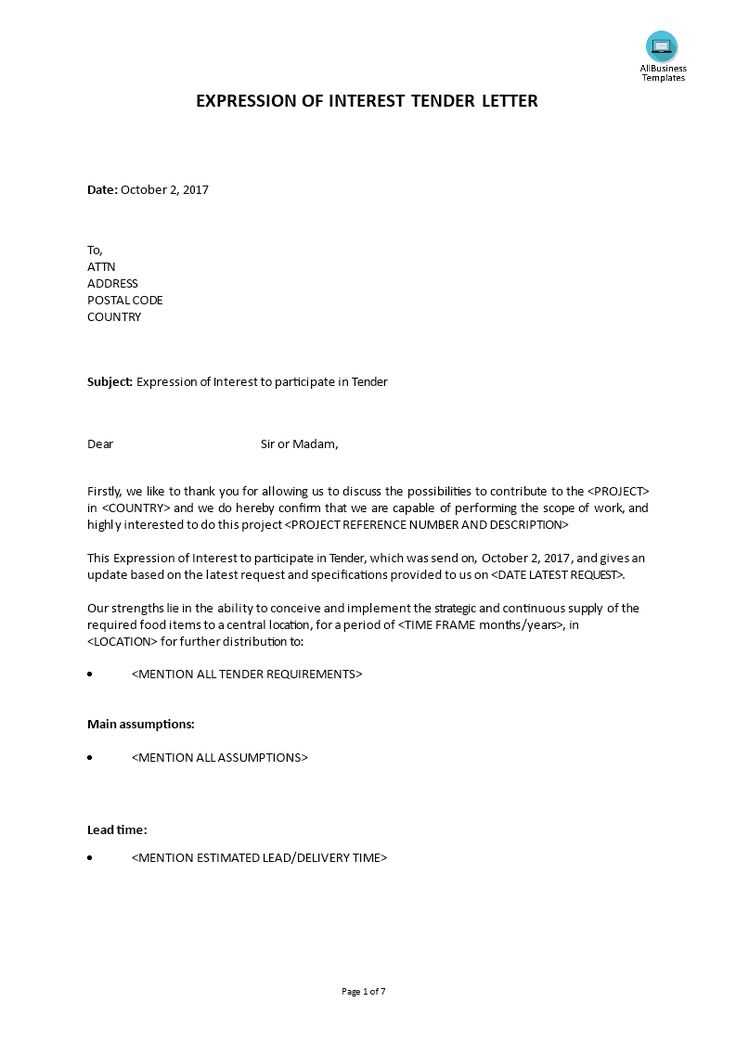
Always include your contact details in your closing. For instance, “Feel free to reach me at [phone number] or [email address] at your convenience.” This removes barriers for the reader to get in touch with you.
4. Use a Professional Closing
End your letter with a polite, professional sign-off. Phrases like “Thank you for your time and consideration” or “I look forward to your response” maintain professionalism while reinforcing your willingness to engage.
- Be clear about next steps.
- Stay polite and courteous.
- Encourage timely communication.
Now repetitions of words are minimized, and the meaning is preserved.
Crafting a business letter of interest requires precision. Begin by clearly stating your purpose for reaching out, ensuring your tone is polite and confident. Avoid redundancy by using varied vocabulary and sentence structure. Here’s a quick guide on how to do it:
- Be clear and concise: State your interest directly. Avoid unnecessary fluff or overly complex sentences.
- Use active voice: Active voice ensures clarity and helps you communicate your message efficiently. For example, instead of “The project was reviewed by our team,” write “Our team reviewed the project.”
- Personalize your letter: Tailor your message to the recipient. Mention their company or recent achievements to show you’ve done your research.
- Highlight key skills or experience: Focus on the specific strengths you bring to the table. Align them with the company’s goals or values to create a meaningful connection.
- Keep paragraphs short: Break your content into manageable chunks. This makes your letter easier to read and ensures your key points stand out.
By following these tips, you’ll avoid redundant phrasing while maintaining a clear, professional tone. The key is to keep your message focused on the value you offer, without overstating or repeating information.